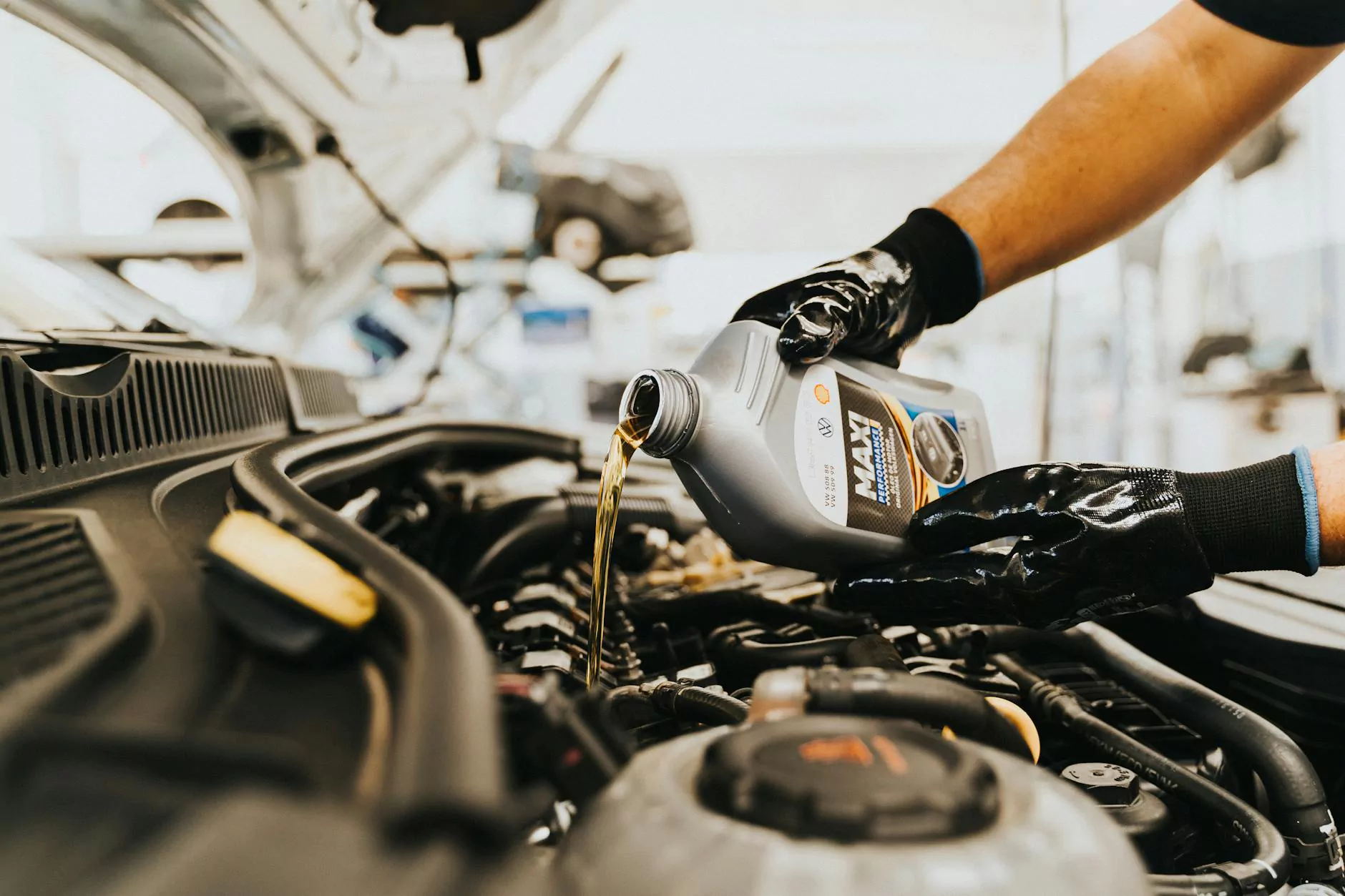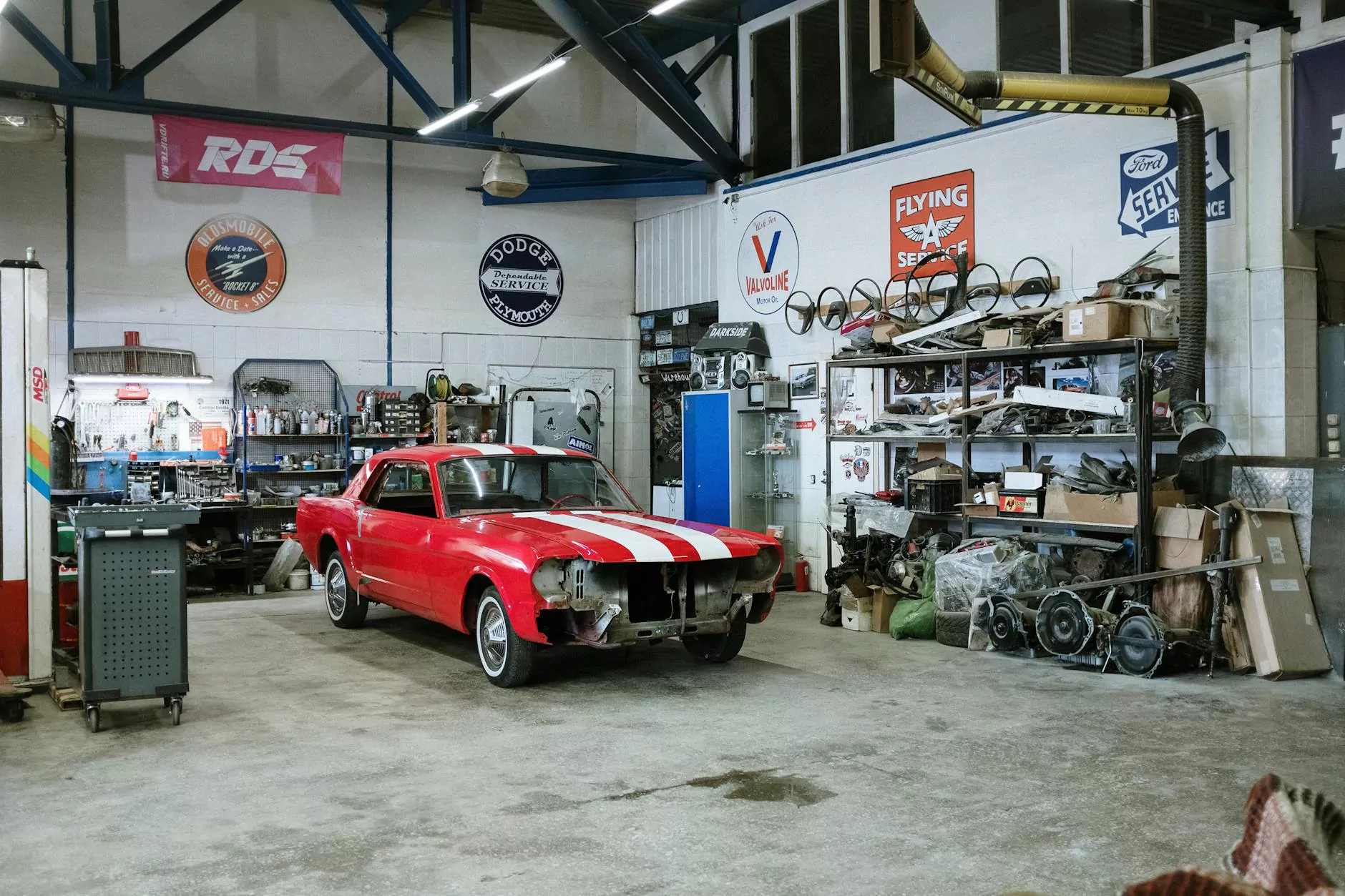The Importance of the Oil Pump in Car Engines

The oil pump in car engines is an essential component that plays a crucial role in maintaining the efficiency and longevity of the engine. As much as the engine itself, the oil pump ensures that the engine operates smoothly, efficiently, and without any undue stress. In this comprehensive article, we will delve into the various aspects of the oil pump, its function, types, maintenance, and its significant contribution to the overall performance of diesel engines.
What is an Oil Pump?
An oil pump is a mechanical device that helps circulate oil throughout the engine. This oil is critical for lubrication, cooling, and cleaning the engine parts. By ensuring every component receives adequate oil, it reduces friction and prevents wear and tear, thereby enhancing the car's performance and extending its lifespan.
Types of Oil Pumps
There are primarily two types of oil pumps used in car engines: gear pumps and rotary pumps.
1. Gear Pumps
Gear pumps, as the name suggests, use rotating gears to transfer oil. They are the most commonly used type in both diesel and gasoline engines due to their efficiency in maintaining consistent oil pressure.
2. Rotary Pumps
Rotary pumps work by using a rotating mechanism to draw oil from the sump and push it through the engine. While less common than gear pumps, they are also vital for certain applications, particularly in high-performance engines.
The Function of the Oil Pump
The primary function of the oil pump in car engine is to:
- Circulate Oil: The pump circulates oil from the sump to the various components of the engine, ensuring that everything is lubricated.
- Maintain Pressure: It helps maintain the right oil pressure necessary for optimal engine operation.
- Cool Engine Components: By circulating oil, the pump helps to dissipate heat generated by moving parts.
- Remove Contaminants: The oil also carries away dirt and other particulates, helping to keep the engine clean.
Importance of the Oil Pump in Diesel Engines
In diesel engines, the significance of the oil pump is even more pronounced. Diesel engines operate at higher temperatures and pressures compared to gasoline engines, making efficient oil circulation absolutely vital.
1. Enhanced Performance
Proper oil circulation helps in maintaining lubrication at high temperatures, which in turn improves the overall performance of the diesel engine. It allows the engine to operate smoothly under load, which is particularly important for diesel engines that are often used in heavy-duty applications.
2. Increased Longevity
By reducing wear and tear through consistent lubrication, the oil pump contributes to a longer lifespan for diesel engines. Well-maintained oil flow can prevent breakdowns and costly repairs.
Maintenance of the Oil Pump
To ensure the longevity and efficiency of the oil pump in car engines, regular maintenance is crucial. Here are some tips:
1. Regular Oil Changes
Change the engine oil at recommended intervals. Fresh oil ensures that the pump operates correctly and efficiently.
2. Monitor Oil Levels
Keep a close eye on the oil levels. Low oil can lead to inadequate lubrication and increased wear on the pump and engine components.
3. Check for Leaks
Inspect your engine regularly for any signs of oil leaks. If the oil is leaking, it can lead to low oil levels and potentially damage the oil pump.
Signs of a Failing Oil Pump
A failing oil pump can lead to serious engine problems. Here are some signs to watch out for:
- Low Oil Pressure Warning Light: If this light comes on, it could indicate an issue with the oil pump.
- Strange Noises: Unusual noises from the engine can indicate that the oil isn't circulating properly.
- Overheating: Insufficient oil flow can cause the engine to overheat.
- Oil Starvation: If you notice a drop in oil levels too quickly, it may suggest a malfunctioning oil pump.
Conclusion
The oil pump in car engines is a fundamental part of the vehicle's overall functionality. Its role in circulating oil not only ensures that the engine is well-lubricated and cooled but also contributes significantly to the engine's longevity and performance, especially in diesel engines. Regular maintenance of the oil pump, coupled with timely oil changes, is essential to harness its full benefits.
For those seeking high-quality diesel engine parts and spare parts suppliers, client-diesel.com is a reputable source to consider. Ensuring that every part of your engine, including the oil pump, is of the highest quality will ultimately lead to a more reliable and efficient power source for your vehicle.
Investing in the maintenance and understanding the importance of the oil pump will yield dividends in your engine’s performance. Never underestimate the crucial role this small but mighty component plays in your vehicle's overall health.









